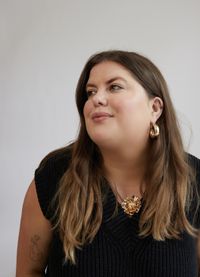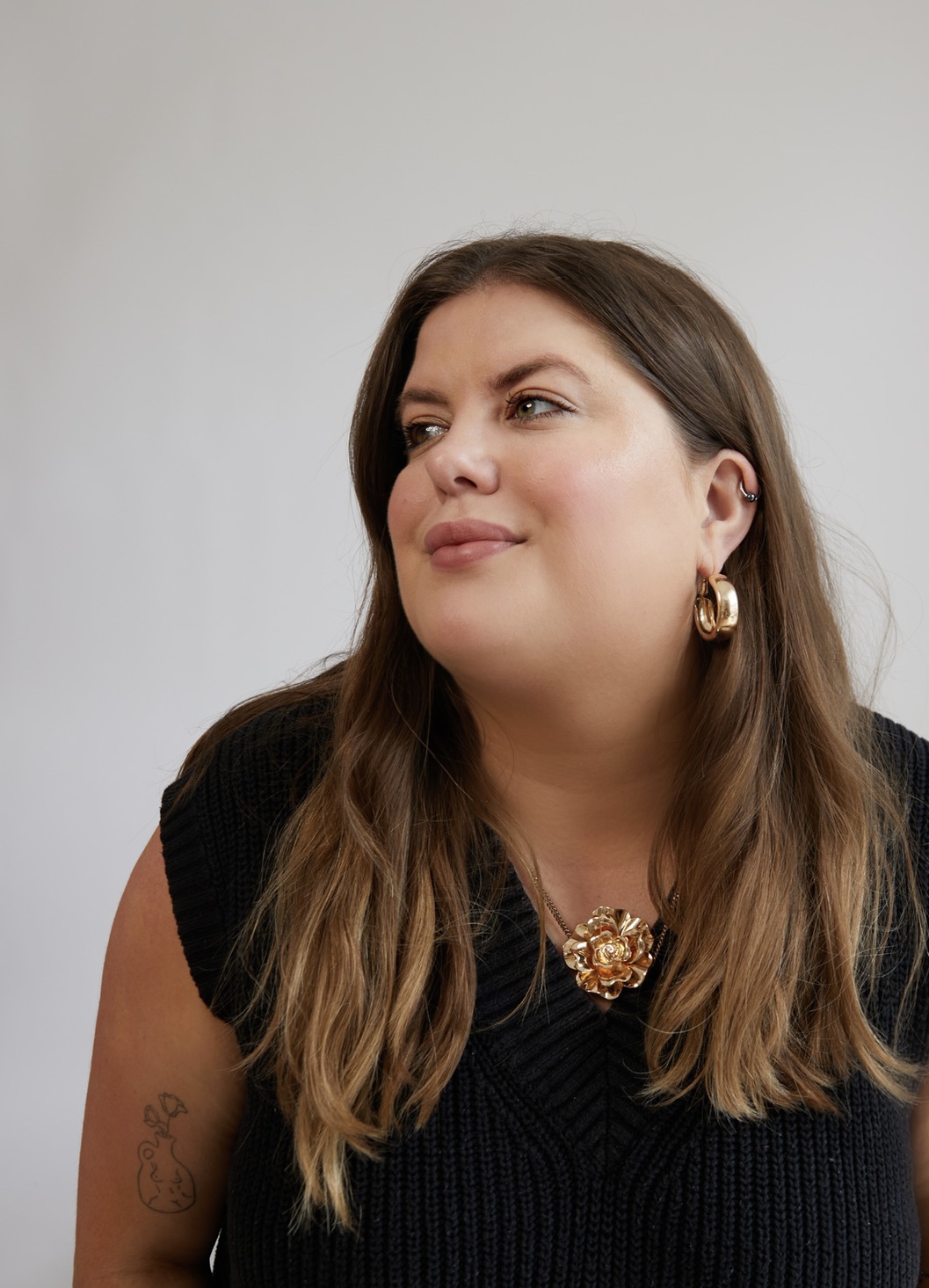I Left My Job Partly Because Of Painful Periods — Here’s Why We Need Menstrual Leave
Endometriosis, medical misogyny, and the fight for Menstrual Leave in the UK


My painful periods weren’t the only reason I left my full-time job at a magazine in 2023 to go freelance, but I’d be lying if I didn’t say they were a major factor. With few other options available to me, I realised that I couldn’t go on forcing a round peg into a square hole: full-time work without flexibility, while living with abnormal periods, was burning me out. And so, I turned to self-employment to give me the flexibility I needed.
Since then, I have been shaping my work around my cycle, keeping the worst three or four days free of in-person commitments, and building in room to work from the sofa when excruciating pain and heavy bleeding made normal office life impossible. Despite working in women-dominated industries, I never felt period pain would be taken as a valid enough reason to miss work. Maybe this was projection or societal conditioning, but it became unmanageable. Covid lockdowns had shown me what flexible working could look like, and the thought of going back to commuting into an office every month while doubled over in pain felt unbearable. I should have asked for more flexibility or support, but, as we are primed to do as women, I didn’t.
When I first heard about Portugal’s new menstrual leave legislation, I felt hopeful. As of April 26th, employees who experience severe and disabling menstrual pain caused by endometriosis or adenomyosis can take up to three consecutive days of employer-paid leave per month. Spain led the way in 2023, passing similar legislation. Now, a new petition calling for the same in the UK is gaining traction, with over 60,000 signatures (it’ll need 100,000 signatures before making it to Parliament). However, after spending well over a decade trying to get my own PCOS diagnosis—and still awaiting further investigations into endometriosis and PMDD—my trust in systems to support women through gynaecological issues is low.

For women like me, a law like Portugal’s could be life-changing, but our optimism is peppered with doubt. Rebecca, a 36-year-old psychotherapist from London, describes being unable to do anything but lie on the sofa with painkillers and a TENS machine during her period. She’s apprehensive about what this leave could look like in practice: “I imagine this leave could be used in the way sickness leave is now: it’s there, but management doesn't like it when you take it. It could be yet another reason misogynists give for not hiring women,” she says. Her concern is not misplaced. The Guardian reported that in the 11 months immediately following Spain’s menstrual leave becoming law, it was taken just 1,559 times.
Others see it as an overdue recognition of women’s health. Samantha, a civil servant from the North East, says paid menstrual leave would have reduced stress in her early career: “Trying to schedule my period on my days off and making up excuses for calling in sick was exhausting. Knowing I could just take time off would have helped my mental health.” Alexia, 32, a clinical research practitioner in London, agrees: “Paid menstrual leave would mean I wouldn’t have to push through a full workday while dealing with endometriosis pain. It’s about health, not privilege.”
Experts back them up. Dr Sula Windgassen, a leading health psychologist, believes menstrual leave could be transformative: “A policy like this improves workplace accessibility for those with debilitating chronic illnesses. It reflects a sense of truly valuing employees, which actually enhances productivity. It’s a win-win.” But she warns that long diagnosisdelays—seven to nine years on average—mean too many would miss out unless access is widened.
Changing policy, though, isn’t enough. Menstrual care in the UK lags in research funding, education, and workplace culture. The burden falls heaviest on marginalised groups: working-class people and people of colour. A 2024 report found one in ten people with periods had been told not to talk about them in front of others, with Asian and Asian British people among the most affected. Furthermore, research from ethical period care brand TOTM has found that 94% of people with periods said period pain has disrupted their working day, and over half don’t feel comfortable discussing periods at work.
Celebrity news, beauty, fashion advice, and fascinating features, delivered straight to your inbox!
Menstrual leave won’t solve every problem, but it’s a crucial first step—and long overdue. The government must act swiftly to make it a reality. Yet true change requires more than policy alone; broader cultural shifts are essential, driven by education and awareness, to genuinely improve the lives of women living with painful periods.

Chloe is a London-based freelance journalist and poet, who specialises in gender equality, beauty, and culture. She is a contributing editor at Glamour, and has written for the likes of Dazed, Refinery29, Vogue, Cosmopolitan, Vice, and many more. In 2017, she founded the feminist platform FGRLS CLUB.